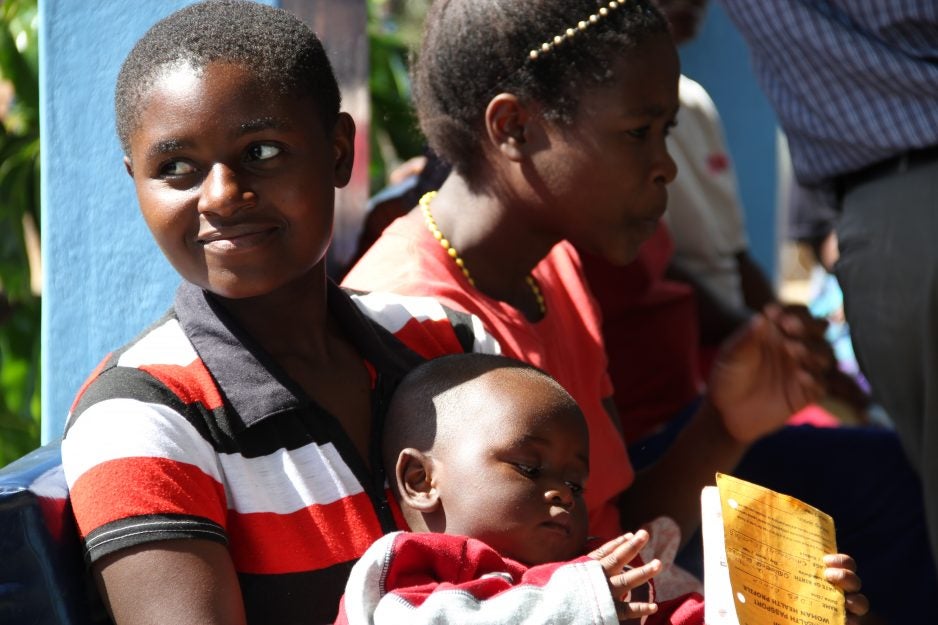June 3, 2015. We now know that the toll of maternal death is far higher than generally assumed. This means that the drop in maternal mortality seen in some countries over the past decade is not by itself sufficient measure of the success of efforts to prioritize maternal health on the global health agenda. Maternal death is not just about mothers.
“Tracing Shadows: How Gendered Power Relations Shape the Impacts of Maternal Death on Living Children in Sub-Saharan Africa” is a new, open access article by Harvard FXB policy director Alicia Yamin, published in the journal Social Science and Medicine. From the abstract:
“The present analysis identifies gender as a fundamental driver not only of maternal, but also child health… Findings highlight that socially constructed gender roles, which define mothers as caregivers and fathers as wage earners, and which limit women’s agency regarding childcare decisions, among other things, create considerable gaps when it comes to meeting child nutrition, education, and health care needs following a maternal death. Additionally, our findings show that maternal deaths have differential effects on boy and girl children, and exacerbate specific risks for girl children, including early marriage, early pregnancy, and school drop-out. To combat both MM, and to mitigate impacts on children, investment in health services interventions should be complemented by broader interventions regarding social protection, as well as aimed at shifting social norms and opportunity structures regarding gendered divisions of labor and power at household, community, and society levels.” Download PDF.
Related Resources
- “Economic and Social Impacts of Maternal Death.”
- “Women’s Lives Matter: The Impact of Maternal Death on Families and Communities” (video)
- Costs of Inaction on Maternal Mortality: Qualitative Evidence of the Impacts of Maternal Deaths on Living Children in Tanzania
- A Price Too High to Bear: The Costs of Maternal Mortality to Families and Communities
- The True Cost of A Mother’s Death: Calculating the Toll on Children


